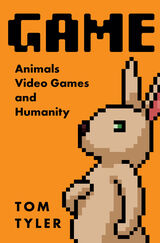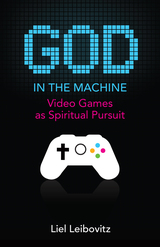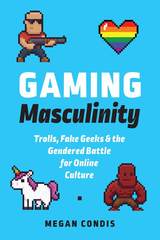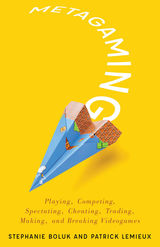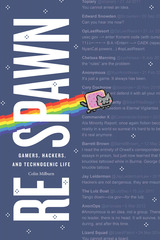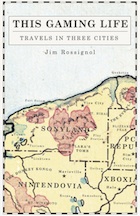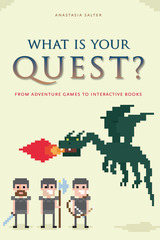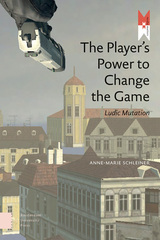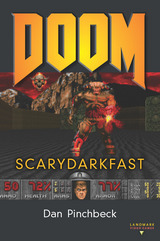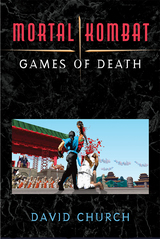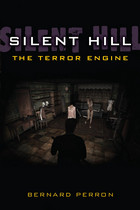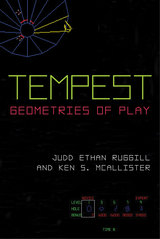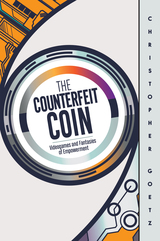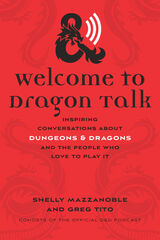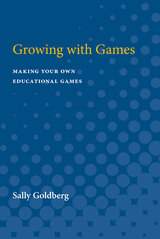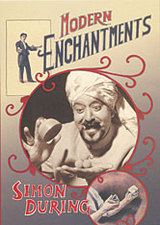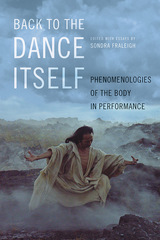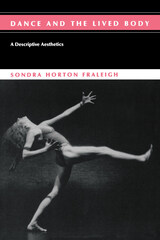Mortal Kombat: Games of Death
University of Michigan Press, 2022
eISBN: 978-0-472-90262-0 | Cloth: 978-0-472-07522-5 | Paper: 978-0-472-05522-7
Library of Congress Classification GV1469.35.M67C48 2022
Dewey Decimal Classification 794.8
eISBN: 978-0-472-90262-0 | Cloth: 978-0-472-07522-5 | Paper: 978-0-472-05522-7
Library of Congress Classification GV1469.35.M67C48 2022
Dewey Decimal Classification 794.8
ABOUT THIS BOOK | AUTHOR BIOGRAPHY | REVIEWS | TOC | REQUEST ACCESSIBLE FILE
ABOUT THIS BOOK
Upon its premiere in 1992, Midway’s Mortal Kombat spawned an enormously influential series of fighting games, notorious for their violent “fatality” moves performed by photorealistic characters. Targeted by lawmakers and moral reformers, the series directly inspired the creation of an industrywide rating system for video games and became a referendum on the wide popularity of 16-bit home consoles. Along the way, it became one of the world’s most iconic fighting games, and formed a transmedia franchise that continues to this day.
This book traces Mortal Kombat’s history as an American product inspired by both Japanese video games and Chinese martial-arts cinema, its successes and struggles in adapting to new market trends, and the ongoing influence of its secret-strewn narrative world. After outlining the specific elements of gameplay that differentiated Mortal Kombat from its competitors in the coin-op market, David Church examines the various martial-arts films that inspired its Orientalist imagery, helping explain its stereotypical uses of race and gender. He also posits the games as a cultural landmark from a moment when public policy attempted to intervene in both the remediation of cinematic aesthetics within interactive digital games and in the transition of public gaming spaces into the domestic sphere. Finally, the book explores how the franchise attempted to conquer other forms of media in the 1990s, lost ground to a new generation of 3D games in the 2000s, and has successfully rebooted itself in the 2010s to reclaim its legacy.
This book traces Mortal Kombat’s history as an American product inspired by both Japanese video games and Chinese martial-arts cinema, its successes and struggles in adapting to new market trends, and the ongoing influence of its secret-strewn narrative world. After outlining the specific elements of gameplay that differentiated Mortal Kombat from its competitors in the coin-op market, David Church examines the various martial-arts films that inspired its Orientalist imagery, helping explain its stereotypical uses of race and gender. He also posits the games as a cultural landmark from a moment when public policy attempted to intervene in both the remediation of cinematic aesthetics within interactive digital games and in the transition of public gaming spaces into the domestic sphere. Finally, the book explores how the franchise attempted to conquer other forms of media in the 1990s, lost ground to a new generation of 3D games in the 2000s, and has successfully rebooted itself in the 2010s to reclaim its legacy.
See other books on: Church, David | Games | Games & Activities | Video & Mobile | Video games
See other titles from University of Michigan Press


